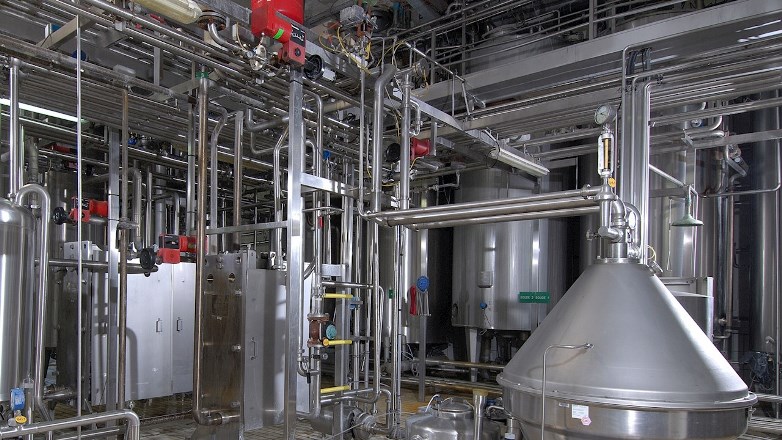ABB has launched its Ability Liquid Routing Library which is a control engineering inventory for food and beverage manufacturers and those in other liquid related industries, including tank farms, pharmaceuticals and chemical resin plants.
The new digital application draws on ABB Ability System 800xA, the most powerful Distributed Control System (DCS) automation platform in the market and will support routing and cleaning in place (CIP) functionalities needed for liquid-led production. It can be used wherever products are transported, stored or processed in tanks and lines and is particularly relevant to dairy, brewing, sugar, mills and edible oil application programming.
Ready-made objects including libraries, typicals, and templates for product routing, with recipe-based CIP, track and trace, preventive plant maintenance, Excel-based bulk data tools are made available for customers through the library. Functionalities include alarm handling, alarm propagation between different units, queue handling for online production changes, control and supervision of process objects, interlocks and transfer of product and equipment settings like product codes, unit names and unit states.
Said Gernut van Laak, ABB Global Food and Beverage Solution Manager and Dairy & Beverage Specialist: “ABB Ability Liquid Routing Library will support our food and beverage customers in their digitalisation journey. Customers are driving innovation in process automation, digitalising their production sites for greater speed, consistency and quality and Liquid Routing Library is an important piece of this jigsaw. Having a complete library for product routing, with ready-made objects and templates will allow users greater visibility and understanding of what is happening at each stage of the process.
“We know that routing and cleaning in place support are vitally important in food and beverage plants. This is built-in and at-any-stage ABB support from experts or additional documentation is available. Operators will be able to diagnose issues quicker than before and have solutions ready, ultimately saving time and money.”
It is estimated that the library will reduce project specific library development time by 80 per cent and the project specific software requirements by 60 per cent, minimising the cost of developing an automation solution while maximising plant operability. For more visit abb.com



